For many cancer survivors, both the disease and treatment have long-lasting or late-onset effects. Our Fred Hutch Survivorship Program offers support, consultation and education for years after cancer treatment is over.
The Survivorship Program enables survivors to take an active role in their renewed health and teaches them how to educate their family members and healthcare team about their needs.

Clinical Care
We offer a Survivorship Clinic to help survivors understand their cancer diagnosis and treatment, address the chronic effects of cancer and its therapy, provide monitoring recommendations to allow for early identification of treatment-related sequelae and promote health-protective behaviors.
Survivorship Program Staff
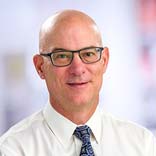
Scott Baker, MD
Dr. Baker joined the Survivorship Program as director in February of 2009. He works with pediatric bone marrow transplant patients and also leads the pediatric survivorship program at Seattle Children’s.
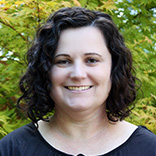
Sheri Ballard, MPH
Ms. Ballard is a project manager for the Survivorship Program. She manages research studies for adolescent and young adult cancer survivors.
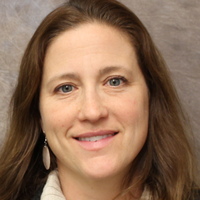
Joli Bartell, BS
Ms. Bartell is the project coordinator for outreach activities and events for the Survivorship Program.
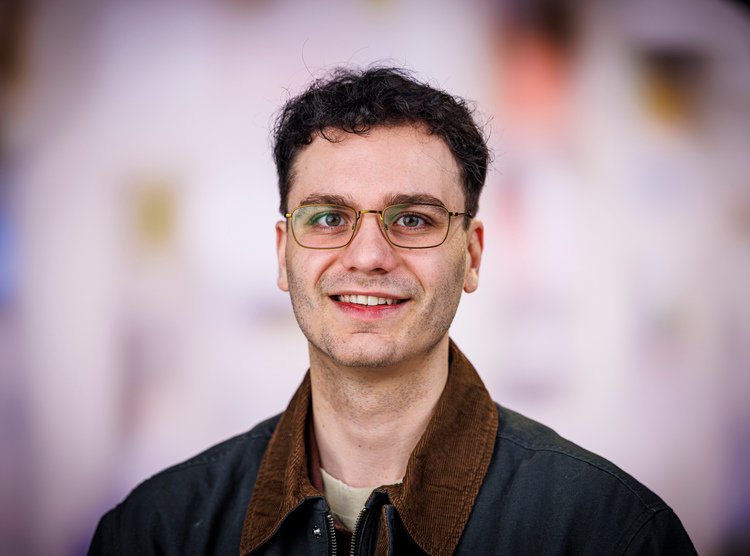
Trevor Bender
Mr. Bender is a clinical research coordinator for the Survivorship Program. He coordinates studies for adult cancer survivors.
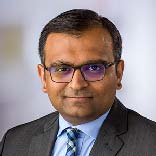
Neel Bhatt, MD, MBBS, MPH
Dr. Bhatt is a pediatric hematologist-oncologist. He is an expert in cancer survivorship and cares for adult long-term survivors of pediatric cancer and transplantation.
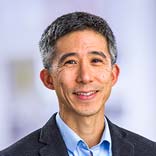
Eric Chow, MD, MPH
Dr. Chow serves as the co-director of the Survivorship Program. He sees pediatric cancer survivors at Seattle Children’s and also adult long-term survivors of pediatric cancer at Fred Hutch.
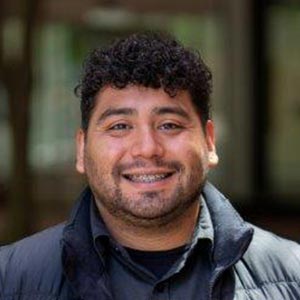
Yoel Claros-Ortiz
Mr. Claros-Ortiz is the patient navigator for the Survivorship Program. He helps support and provide resources to patients with any non-medical barriers they may have.
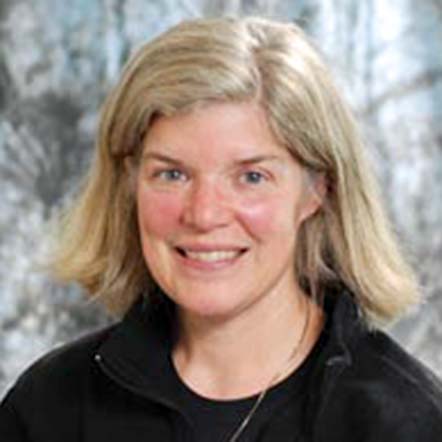
Debra Loacker, RN
Ms. Loacker joined the Survivorship Program in March of 2009. She creates the patient treatment summaries and supports the nurse practitioners by providing lab and test results.
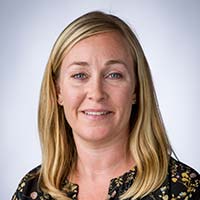
Emily Jo Rajotte, MPH
Ms. Rajotte began her work with the Center in 2005. As Program Operations Director, her work includes writing grant applications, launching new clinical services and collaborating with other organizations.
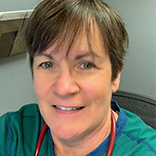
Barbara Regis, PA-C
Ms. Regis is certified physician assistant who sees patients at the Sloan Clinic. She provides care in the Survivorship Clinic and sees patients who have completed treatment and moved into surveillance of their condition or who are past surveillance and are now trying to figure out how to live their best life after treatment.
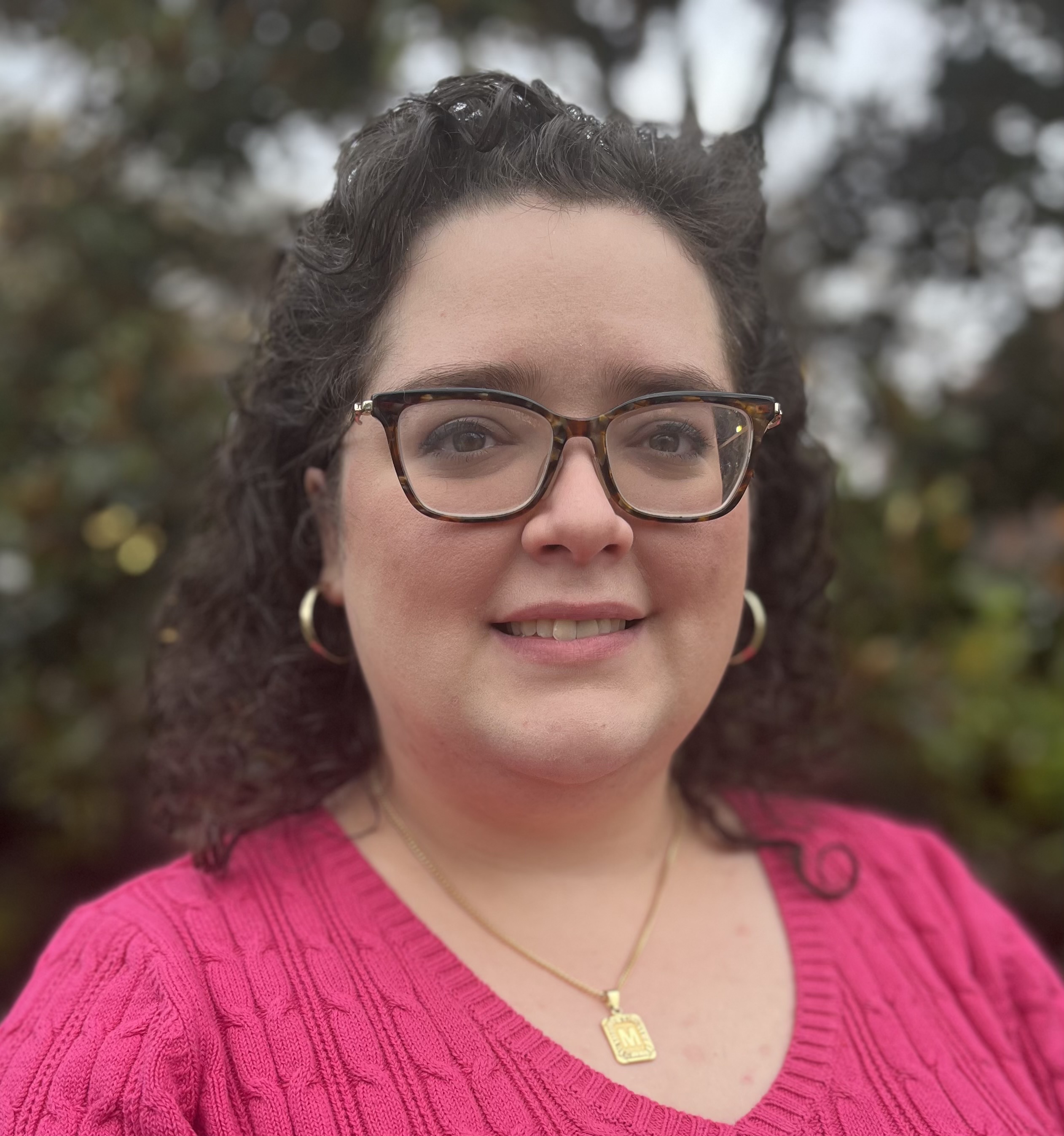
Mercedes Ortiz Rodriguez
Ms. Ortiz Rodriguez is a clinical research coordinator managing studies for pediatric and young adult survivors of cancer and blood disorders.
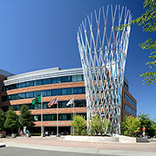
Contact the Survivorship Program
Mailing Address
Fred Hutch Cancer Center
PO Box 19024, Mail stop M2-B230
Seattle, WA 98109
To schedule a clinic appointment, call 206.606.6100 and ask to schedule with the Survivorship Clinic or email the clinic at pccsurvivorship@fredhutch.org.
